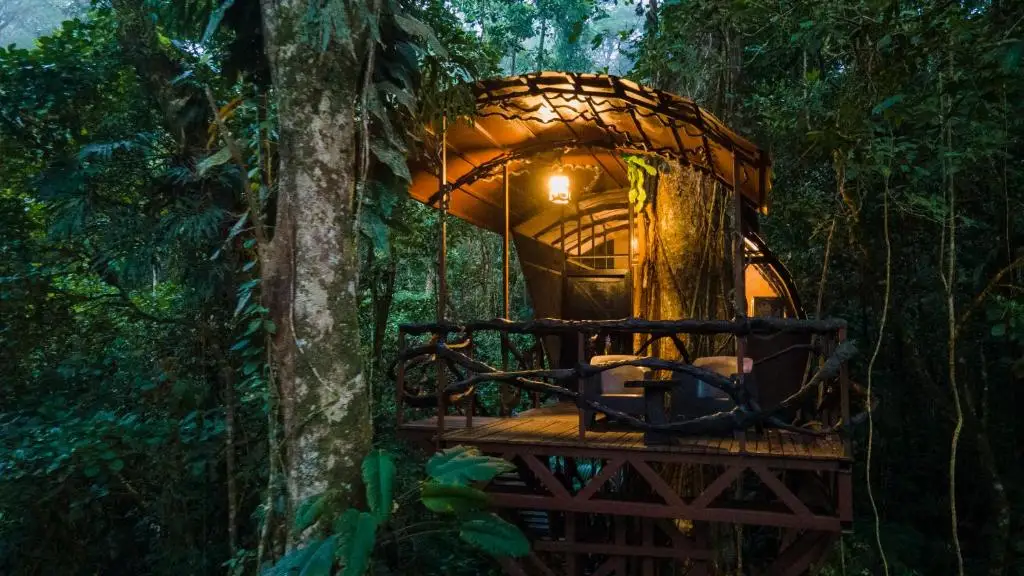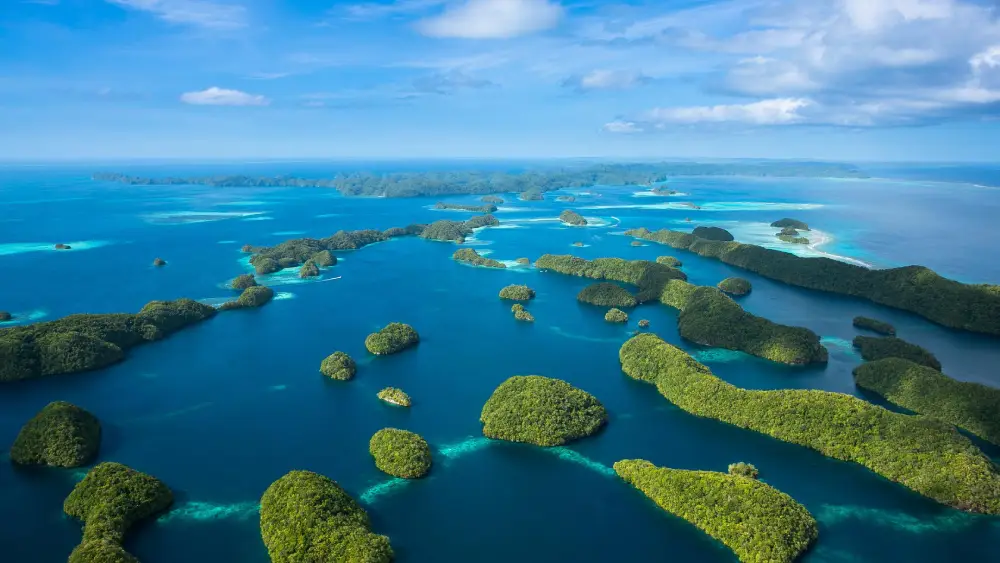- Introduction
- Understanding Ethical Eco-Tourism
- Why Ethical Volunteering Matters
- How to Identify Ethical Eco-Tourism Projects
- Questions to Ask Before Committing
- Types of Ethical Eco-Tourism Projects
- Preparing for Your Volunteering Trip
- The Role of Volunteers in Eco-Tourism Projects
- Ethical Considerations for Volunteers
- Real-life Success Stories
- How to Maximize Your Impact
- Challenges in Ethical Eco-Tourism Volunteering
- Benefits of Ethical Eco-Tourism Volunteering
- Resources for Finding Ethical Projects
- Conclusion
Introduction
Eco-tourism is a growing trend among travelers seeking to explore the world while making a positive impact. However, not all eco-tourism projects are created equal. Choosing ethical eco-tourism volunteering projects is essential to ensure that your efforts truly benefit the environment and local communities. In this article, we’ll delve into the principles of ethical eco-tourism, how to identify worthy projects, and the impact responsible volunteering can have.
Understanding Ethical Eco-Tourism
Ethical eco-tourism refers to travel practices that focus on sustainability, conservation, and the well-being of local communities. Unlike mainstream tourism, which often prioritizes profit over preservation, ethical eco-tourism aims to minimize environmental footprints and enhance the cultural and natural heritage of destinations. Key principles include responsible resource use, support for local economies, and respect for local cultures.
Why Ethical Volunteering Matters
Volunteering ethically in eco-tourism projects is crucial for several reasons. Environmentally, it ensures that conservation efforts are genuine and effective. For local communities, it provides sustainable economic benefits and empowers residents. Personally, ethical volunteering offers volunteers profound growth opportunities, enhancing their understanding of global issues and fostering a sense of accomplishment.
How to Identify Ethical Eco-Tourism Projects
Identifying ethical eco-tourism projects requires diligent research. Look for organizations that prioritize transparency and accountability. They should clearly state how funds are used and involve local communities in decision-making processes. Ethical projects often provide detailed information about their goals, methods, and the qualifications of their staff.

Questions to Ask Before Committing
Before committing to a volunteering project, ask the following questions:
- What is the project’s mission, and how does it align with conservation and community goals?
- How is the money spent? Ensure that a significant portion goes directly to the project.
- What are the qualifications of the staff and the structure of volunteer support?
Types of Ethical Eco-Tourism Projects
Several types of projects align with ethical eco-tourism principles:
- Wildlife Conservation: Projects focused on protecting endangered species and their habitats.
- Marine Conservation: Initiatives aimed at preserving marine ecosystems and promoting sustainable fishing practices.
- Sustainable Agriculture: Efforts to promote environmentally-friendly farming techniques and improve food security.
Preparing for Your Volunteering Trip
Preparation is key to a successful volunteering experience. Ensure you possess the necessary skills and training for the project. Health and safety should be top priorities, including vaccinations and insurance. Cultural sensitivity is also crucial; respect local customs and traditions to foster positive interactions.
The Role of Volunteers in Eco-Tourism Projects
Volunteers play diverse roles, from fieldwork to education and community outreach. Understanding daily responsibilities and how your efforts fit into the larger picture helps manage expectations. Both long-term and short-term projects have their place, but it’s essential to understand the commitment involved and measure your impact.
Ethical Considerations for Volunteers
Avoid “voluntourism” – short-term, superficial volunteering that benefits more the volunteer than the community. Respect local communities and prioritize environmental sustainability. Always ask yourself if your presence is genuinely beneficial and if your activities support the long-term goals of the project.
Real-life Success Stories
Case Study: Wildlife Conservation in Africa A project in Kenya focuses on protecting rhinos from poaching. Volunteers assist with tracking, data collection, and community education, significantly reducing poaching incidents.
Case Study: Marine Conservation in Southeast Asia In Indonesia, a marine conservation project works to restore coral reefs. Volunteers participate in reef surveys, clean-ups, and awareness programs, leading to improved reef health.
Case Study: Sustainable Farming in South America A project in Peru promotes sustainable coffee farming. Volunteers help with planting, harvesting, and teaching locals about sustainable practices, boosting both the environment and local incomes.

How to Maximize Your Impact
Continuous learning is vital. Educate yourself on conservation issues and effective volunteering practices. Share your experiences and knowledge with others to spread awareness. Support the project even after you leave, whether through donations, advocacy, or return visits.
Challenges in Ethical Eco-Tourism Volunteering
Volunteering is not without challenges. Ethical dilemmas may arise, such as balancing conservation needs with local development. Managing expectations versus reality is also crucial, as is overcoming language barriers. Approach these challenges with an open mind and a willingness to learn.
Benefits of Ethical Eco-Tourism Volunteering
The benefits are manifold. Personally, you gain fulfillment and growth from meaningful experiences. Environmentally, you contribute to tangible conservation efforts. Socially, you help strengthen global communities by fostering understanding and cooperation.
Resources for Finding Ethical Projects
Finding the right project can be daunting. Recommended organizations include Earthwatch, Conservation Volunteers International, and the International Ecotourism Society. Books and documentaries, such as “The Eco-Tourist’s Guide” and “Mission Blue,” provide valuable insights. Online communities and forums also offer support and advice.
Conclusion
Choosing to volunteer responsibly in eco-tourism projects is a powerful way to contribute to environmental and social well-being. By selecting ethical projects, preparing thoroughly, and remaining committed, you can ensure your efforts make a lasting impact. Remember, every small action contributes to a larger goal of sustainable development and conservation.
FAQs
What is eco-tourism?
Eco-tourism is responsible travel to natural areas that conserves the environment, sustains the well-being of local people, and involves interpretation and education.
How can I be sure a project is ethical?
Research the organization thoroughly, ask about their mission, funding, and community involvement, and look for transparency and accountability.
Are short-term volunteering projects effective?
Short-term projects can be effective if they are well-structured, align with long-term goals, and provide continuity through successive volunteers.
What should I pack for an eco-tourism volunteering trip?
Pack essentials such as sturdy footwear, appropriate clothing, personal medications, and any specific gear required for the project.
How can I stay involved after my trip?
Stay involved by keeping in touch with the organization, advocating for their cause, making donations, or planning future visits to continue your support.


